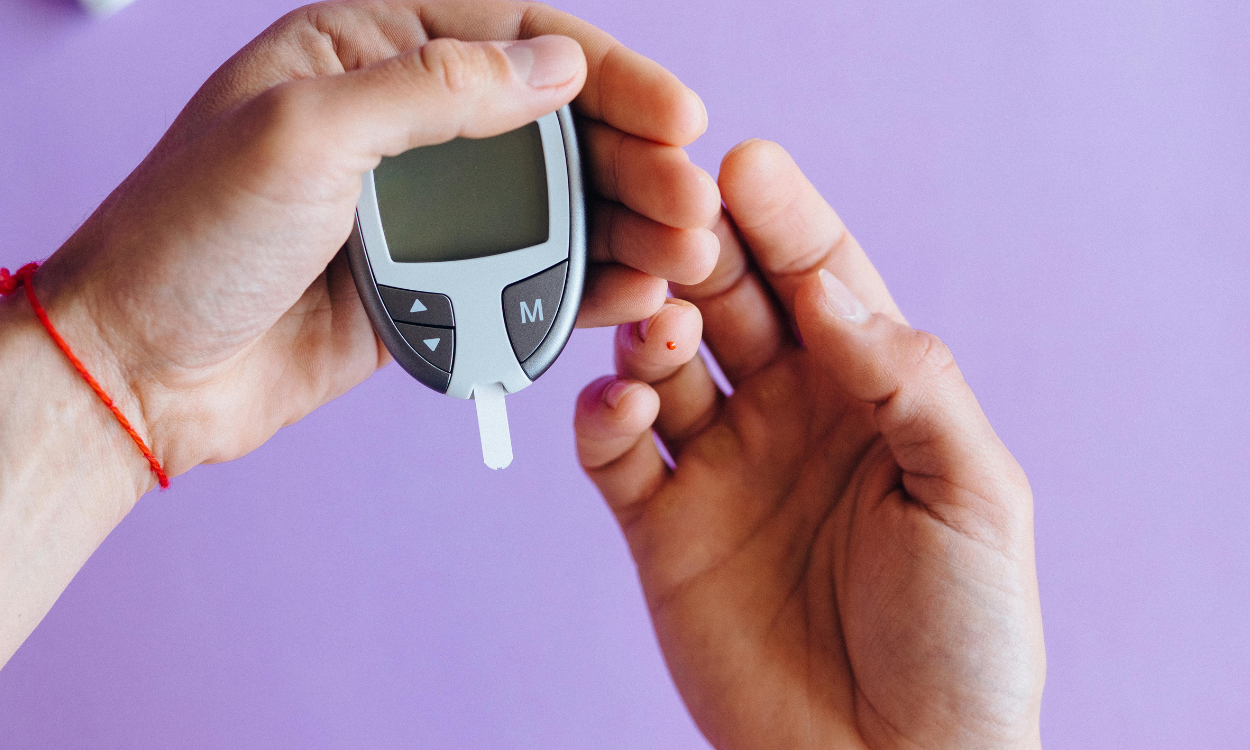The healthcare industry is undergoing a profound transformation, and the driving force behind this change is the integration of advanced digital solutions. Transforming Healthcare: How Digital Solutions Are Redefining Care is no longer just a futuristic concept; it is an ongoing revolution that is reshaping how medical professionals deliver care, how patients access health services, and how the overall healthcare ecosystem operates. In this article, we explore the various dimensions of this transformation, the technologies involved, and the significant impact they have on improving outcomes, efficiency, and patient experiences.
Table of Contents

The Digital Revolution in Healthcare
Healthcare has traditionally relied on face-to-face interactions, paper-based records, and fragmented communication channels. However, the advent of digital solutions has revolutionized every aspect of the industry. Transforming Healthcare: How Digital Solutions Are Redefining Care means that healthcare providers can now leverage technology to improve patient engagement, streamline administrative processes, and deliver personalized treatments with greater accuracy.
From electronic health records (EHRs) to telemedicine platforms, these digital innovations are creating a more connected and efficient healthcare system. The use of real-time data, artificial intelligence (AI), and cloud computing is enabling clinicians to make faster, evidence-based decisions, significantly reducing errors and improving patient outcomes.
Telemedicine: Bringing Healthcare to Your Fingertips
One of the most visible aspects of Transforming Healthcare: How Digital Solutions Are Redefining Care is the rise of telemedicine. Telemedicine allows patients to consult with doctors remotely via video calls, chat applications, or mobile health platforms. This is particularly beneficial for individuals living in remote areas, those with mobility challenges, or patients needing timely consultations during emergencies.
Telemedicine not only improves access but also reduces the burden on healthcare facilities. Hospitals can better manage patient flow, while doctors can monitor chronic conditions without requiring frequent in-person visits. Additionally, the integration of AI-driven diagnostic tools within telemedicine platforms enhances clinical accuracy, making virtual consultations nearly as effective as traditional appointments.
Electronic Health Records: A Unified Patient Journey
Electronic Health Records (EHRs) are central to Transforming Healthcare: How Digital Solutions Are Redefining Care. EHRs provide a comprehensive, digital version of a patient’s medical history, including previous diagnoses, treatments, lab results, and medications. By consolidating this information in one accessible system, healthcare providers can make better-informed decisions and coordinate care more effectively.
EHRs also empower patients by giving them direct access to their health data. This transparency encourages active participation in personal health management, promotes adherence to prescribed treatments, and facilitates proactive interventions, ultimately leading to better health outcomes.
Artificial Intelligence: The Brain Behind Modern Healthcare
AI and machine learning are pivotal in Transforming Healthcare: How Digital Solutions Are Redefining Care. These technologies can analyze vast amounts of patient data to detect patterns, predict disease progression, and recommend personalized treatment plans. AI-powered diagnostic tools can identify early signs of conditions such as cancer, diabetes, and heart disease with remarkable accuracy, often surpassing human capabilities.
Furthermore, AI is enhancing operational efficiency by automating administrative tasks, scheduling appointments, and managing patient records. This allows medical professionals to focus more on patient care, improving both satisfaction and outcomes.
Wearable Technology and Remote Monitoring
The proliferation of wearable devices, such as smartwatches, fitness trackers, and medical-grade monitoring devices, is another critical aspect of Transforming Healthcare: How Digital Solutions Are Redefining Care. These devices continuously collect data on vital signs, physical activity, sleep patterns, and other health metrics.
Remote monitoring enables healthcare providers to track patient health in real-time, detect anomalies early, and intervene before conditions worsen. For patients with chronic illnesses, this level of continuous care is life-changing. It reduces hospital readmissions, minimizes complications, and enhances overall quality of life.
Big Data and Predictive Analytics
Big data analytics plays a significant role in Transforming Healthcare: How Digital Solutions Are Redefining Care. By aggregating and analyzing enormous volumes of health data from various sources, including EHRs, wearable devices, and genetic studies, healthcare organizations can gain valuable insights into population health trends, disease outbreaks, and treatment effectiveness.
Predictive analytics helps in anticipating patient needs, allocating resources efficiently, and planning preventive measures. For instance, hospitals can predict peak patient inflow periods, optimize staffing, and ensure the availability of critical resources. At a population level, predictive models can guide public health initiatives and policy-making, ultimately enhancing community health outcomes.
Blockchain: Securing Health Data
Data security is paramount in healthcare, and blockchain technology is emerging as a powerful solution. Transforming Healthcare: How Digital Solutions Are Redefining Care increasingly involves safeguarding sensitive patient data from breaches and unauthorized access. Blockchain ensures data integrity by creating decentralized, tamper-proof records, providing patients and providers with a secure platform for sharing information.
This technology also facilitates transparent and efficient medical billing, supply chain management for pharmaceuticals, and verification of clinical trial results, reinforcing trust across the healthcare ecosystem.
Personalized Medicine: Tailored Treatments for Everyone
Personalized medicine, enabled by genomics and AI, is a key component of Transforming Healthcare: How Digital Solutions Are Redefining Care. By analyzing an individual’s genetic makeup, lifestyle, and environmental factors, healthcare providers can develop customized treatment plans that are more effective and have fewer side effects.
Digital platforms can integrate this genetic data with real-time health metrics from wearables, enabling a proactive approach to disease prevention and management. This shift from a one-size-fits-all model to personalized care represents one of the most significant benefits of digital transformation in healthcare.
Enhancing Patient Engagement and Education
Digital solutions also redefine how patients interact with the healthcare system. Mobile apps, online portals, and AI-powered chatbots are empowering patients with information about their health, treatment options, and wellness programs. Transforming Healthcare: How Digital Solutions Are Redefining Care means patients are more informed, engaged, and motivated to take control of their health journey.
Patient education through digital platforms ensures better adherence to treatment plans, reduces anxiety, and improves the overall healthcare experience. Interactive tools and virtual simulations can help patients understand complex medical procedures and outcomes, fostering a stronger partnership between providers and patients.
The Road Ahead
The journey of Transforming Healthcare: How Digital Solutions Are Redefining Care is ongoing and continuously evolving. As technologies such as AI, telemedicine, blockchain, and wearable devices mature, their integration into everyday healthcare will deepen. Future innovations, including virtual reality for surgical training, robotic-assisted surgeries, and advanced predictive analytics, will further enhance care quality and accessibility.
Healthcare organizations that embrace these digital solutions will be better positioned to provide efficient, personalized, and patient-centric care. Ultimately, the transformation of healthcare through digital technologies is not just about adopting new tools—it is about reimagining the entire care experience to make it more connected, proactive, and compassionate.
Conclusion
Transforming Healthcare: How Digital Solutions Are Redefining Care is no longer a vision; it is the present reality. Digital solutions are revolutionizing the way healthcare is delivered, making it more accessible, efficient, and patient-focused. From telemedicine and AI-driven diagnostics to wearable technology and personalized medicine, these innovations are reshaping the healthcare landscape.
As the healthcare industry continues to integrate cutting-edge technologies, patients and providers alike stand to benefit from improved outcomes, enhanced operational efficiency, and a more empowered approach to wellness. By embracing these digital solutions, we are not only transforming healthcare but redefining what quality care looks like in the 21st century.





